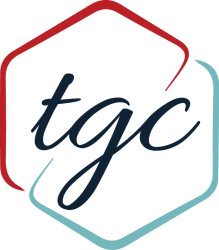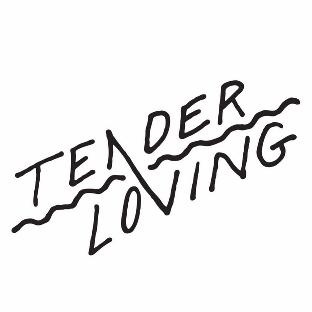In a perfect world, every client you have would be, well–perfect. Whether you’re working a summer job, a rigorous internship for school or have been with the same company for years, there are certain clients that seem to take more out of you than your time and effort.
According to the article Coping with difficult clients – three common types written by Rachel Antman from LMV Group, the main types of difficult PR clients include the “busy bee,” “authoritarian” and “scapegoat.”
The busy bee is usually a great client, but so overwhelmed with other tasks that public relations falls to the side, creating slow turnaround and challenges getting critical information to the practitioners on time.
The authoritarian likes control, so much so that the PR professional is no longer seen as a strategic asset but an assistant, making the work less successful than it could be.
Last is the scapegoat. This client tends to take all the credit for good work, then doesn’t bat an eye when blaming the PR agency for every failure.
When working with these types of clients, it’s important to remember that all of your experiences can be fruitful when you actively look for the value in them.
I. Personal Growth
Personal growth is different for everyone—it takes going through certain situations to learn how you can become a better person. Working with a difficult client is a sure way to figure out personal areas needing improvement.
The science of neuroplasticity explains how your thinking can change your brain chemistry. Staying positive can not only help you get through the work, but also rewire your brain to help you deal with it in the future. Even though during client related conflicts it can be easy to wallow in negativity, a positive attitude will be better for the situation, the client and yourself.
Learning to take your failures as opportunities for growth is beneficial in the workplace and day-to-day life.
II. Positive Change in Work Ethic
With a poor work ethic, it can be difficult to get anything done and keep the morale of your team high. Even professionals with a typically strong work ethic can struggle under pressure when dealing with tough situations. By constantly instilling a positive work ethic in yourself, those around you will most likely notice and benefit.
When dealing with a difficult client, it can be easy to get caught up in your emotions rather than logically thinking the issues through. Separating your personal feelings from the situation can strengthen your work ethic and all the components that come with it.
Work ethic is a virtue that’s believed to enhance character and contains many different traits. Professionalism, humility, dedication, accountability and respect are a few key elements necessary for a strong work ethic. These qualities include:
Professionalism: Broad because it encompasses all other aspects of work ethic—not only how you dress but how you act.
Humility: By acknowledging everyone’s contributions, maintaining a sense of humor, always being open to learning and teaching with integrity and appreciation those around your will trust and listen to you.
Dedication: Being passionate about your profession and company, and not submitting work until it reaches perfection, those around you will notice.
Accountability: Set an example for other employees by taking responsibility for your mistakes, not making up excuses and not making the same mistakes twice.
Respect: By always treating your clients with respect—even the most difficult—it will show grace and the value of your personal and professional worth.

III. Reaching Common Ground
One of the most beneficial skills to have when working with clients is communication. Establishing control of the account in the beginning will help you understand not only what the client wants, but will give you the creative freedom you need to do the work.
“I learned you have to say what you want and what the client wants up front,” said Kasey Perez, community manager at TGC, “it won’t happen later if it doesn’t happen in the beginning.”
Taking control from the start will garner respect from the client and allow you to steer negotiations in the right direction. Sometimes, conflicting ideas between PR practitioners and their clients can get ugly and defensive. Manipulating the situation to your advantage won’t solve the issue and the real reason for some conflicts may lie below the surface.
Reaching common ground takes mutual effort between you and your client. Being able to quickly realize the conflict, take control of the situation and find a resolution that works for both parties is a skill that will be beneficial throughout your entire career.
By: Josey Lonzo















